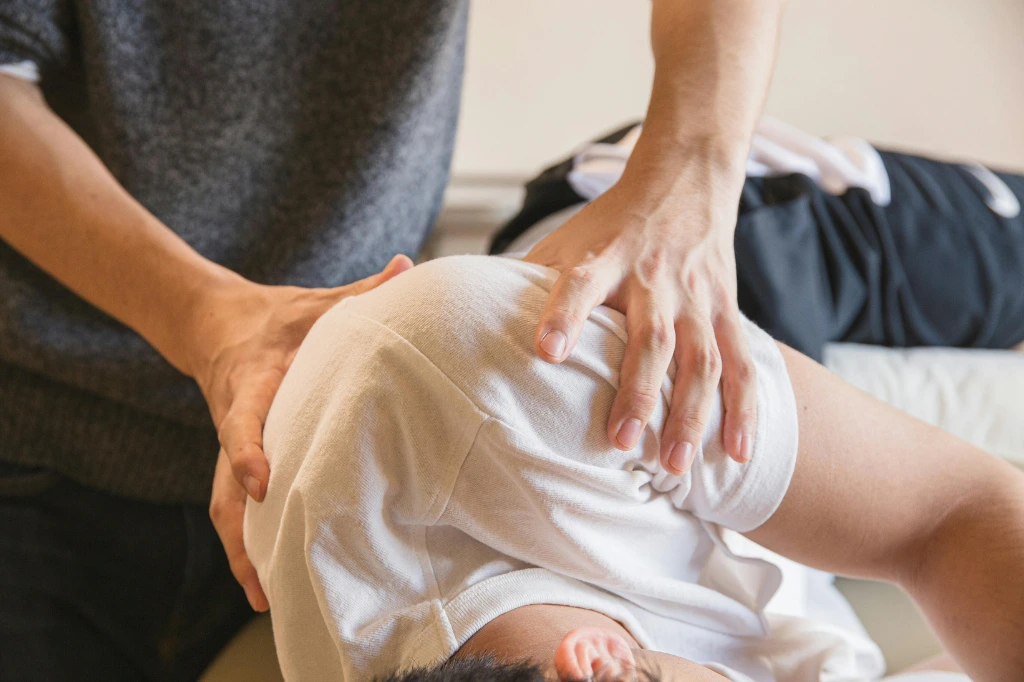Introduction
Frozen Shoulder, or Adhesive Capsulitis, is a painful and restrictive condition affecting the shoulder joint. It usually starts gradually, worsens over time, and can take months or even years to fully resolve. Understanding why it occurs is the first step in effective prevention and management.
What Is Frozen Shoulder?
Frozen shoulder occurs when the capsule surrounding the shoulder joint becomes thick, tight, and inflamed. This restricts movement and causes significant pain. It progresses through three stages: Freezing, Frozen, and Thawing.
Common Causes and Risk Factors
- Immobility or Lack of Use
- Most common cause of frozen shoulder.
- Can occur after surgery, fracture, or injury when the shoulder is not moved for extended periods.
- Diabetes
- People with Type 1 or Type 2 diabetes are 2 to 4 times more likely to develop frozen shoulder.
- High blood sugar affects tissue healing and increases inflammation.
- Thyroid Disorders
- Both hyperthyroidism and hypothyroidism are associated.
- Hormonal changes may impact joint tissues.
- Shoulder Surgery or Injury
- Pain leads to guarded movement.
- Over time, this causes stiffness and capsule tightening.
- Age and Gender
- Commonly affects people between 40 and 60 years old.
- Women are more frequently affected.
- Autoimmune and Inflammatory Conditions
- Conditions like rheumatoid arthritis or tuberculosis of the shoulder.
- Post-COVID inflammatory changes are also being observed.
The 3 Stages of Frozen Shoulder
- Freezing Stage (6–9 months)
- Gradual increase in pain.
- Movement becomes limited.
- Frozen Stage (4–12 months)
- Pain may lessen.
- Stiffness and reduced range of motion persist.
- Thawing Stage (6–24 months)
- Gradual return of movement.
- Pain continues to fade.
Prevention and Management Tips
- Begin gentle mobility exercises early after surgery or injury.
- Control blood sugar levels if diabetic.
- Avoid prolonged immobilization.
- See a physiotherapist at the first sign of shoulder pain.
- Regular shoulder stretching and strengthening exercises.
Conclusion
Frozen shoulder can significantly impact daily life, but with the right awareness, early action, and physiotherapy support, recovery is possible. If you’re experiencing unexplained shoulder pain or stiffness, consult your physiotherapist early for a personalized recovery plan.
Want a personalized recovery plan? Contact Sparsh Physiotherapy Centre today.




